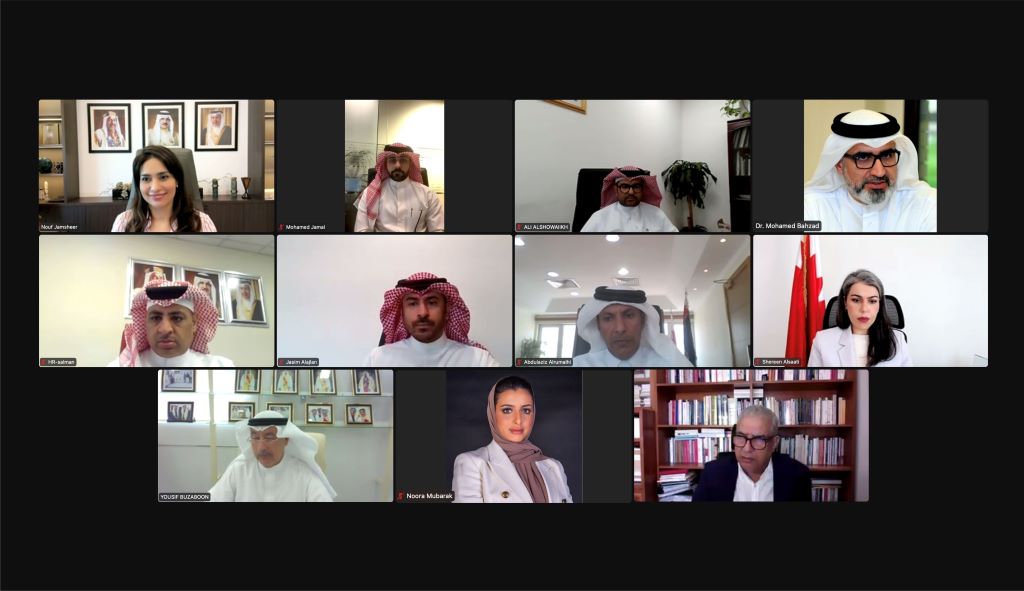During the second meeting under the chairmanship of Nouf Jamsheer.

Her Excellency Mrs. Nouf Abdul Rahman Jamsheer, CEO of the Labour Market Regulatory Authority and Chairman of the National Committee for Combatting Trafficking in Persons stressed the importance of reviewing and continuously developing all regulatory procedures and decisions, in line with the changes taking place in the work environment, in a way that contributes to strengthening the Kingdom’s position in providing suitable working conditions for investors, businessmen, and workers alike.
This came during the second meeting of the National Committee for Combatting Trafficking in Persons, which dealt with aspects of coordination and cooperation between government agencies concerned with the anti-trafficking system in persons, and areas of cooperation with international organizations, in the fields of training and development, in addition to strengthening the Kingdom’s efforts to participate with the international community to address cross-border crime by exchanging expertise and experiences with countries wishing to develop its procedures.
The meeting also discussed the recommendations contained in the US Department of State’s report on the classification of countries in the field of combating trafficking in persons, and to consider the recommendations that are compatible with the specificity of the work environment in the Kingdom to implement them, and develop an action plan for their implementation.
The meeting stressed the importance of the continuity of work and the enforcement of the terms of reference of the Committee stipulated in Article (8) of Law No. (1) of 2008 on combating trafficking in persons, and strengthening the Kingdom’s position in this field regionally and internationally.
It is noteworthy to mention that the National Committee to Combat Trafficking in Persons includes representatives from the Ministry of Foreign Affairs, the Ministry of Interior, the Supreme Judicial Council, the Public Prosecution, the Labour Market Regulatory Authority, the Ministry of Social Development, the Ministry of Information, the Ministry of Justice, Islamic Affairs and Endowments, as well as representatives of civil society organizations, namely the Bahrain Human Rights Monitor, the Bahrain Society for Tolerance and Coexistence of Religions, and the Bahrain Society for Human Rights.
